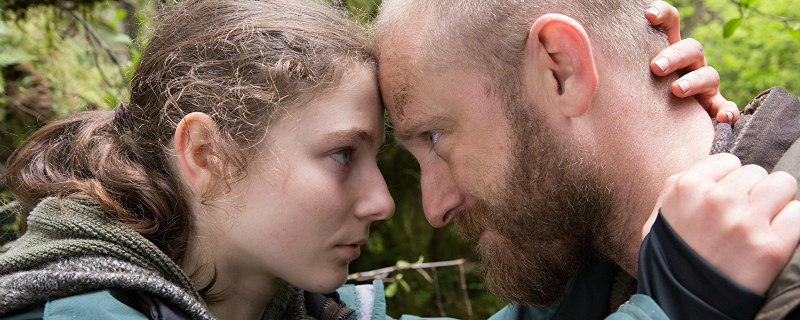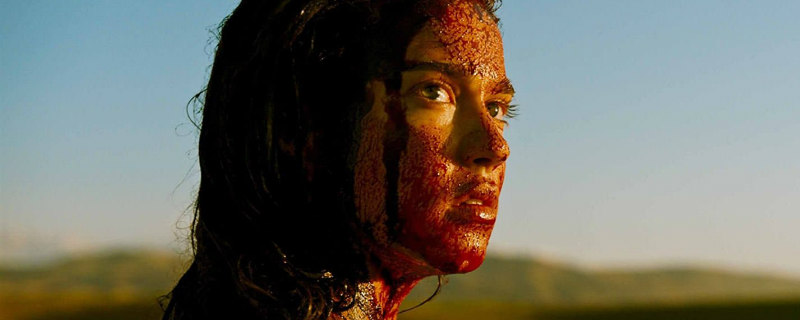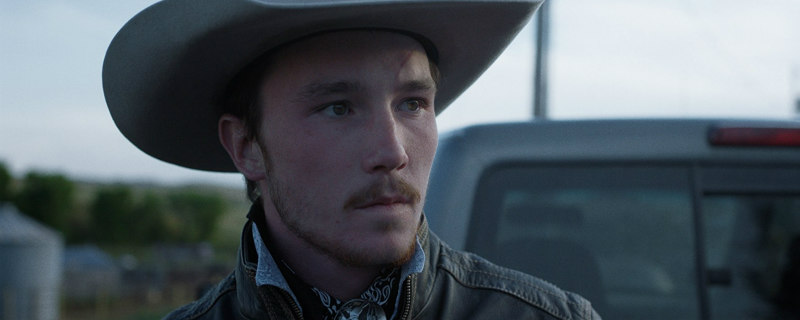
Our favourite 2018 movies directed by women.
2018 may not have delivered a commercial blockbuster directed by a woman on the scale of last year's Patty Jenkins directed Wonder Woman, but in the indie and world cinema sphere it's been a year of high quality if not quantity movies from female filmmakers.
You can check out our 10 favourite women directed movies of 2018, in alphabetical order, below.
Others that came close to making the final list include Christina Choe's Nancy, Yolanda Ramke's Cargo, Meryem Benm'Barek-Aloïsi's Sofia, Rebecca Daly's Good Favour, Lisa Brühlmann's Blue My Mind, Greta Gerwig's Lady Bird and Léonor Serraille's Jeune Femme.
Leave No Trace (Debra Granik)


We said: There's something undoubtedly affecting about the complete lack of cynicism on display in a film that could have come off a lot angrier in the hands of a less humanistic filmmaker.
Madeline's Madeline (Josephine Decker)


We said: Experimental with a capital 'E', Madeline's Madeline may well prove a frustrating watch for many casual viewers, but for anyone with an interest in the creative process and the narcissism that often goes along with that process, it's a fascinating and rewarding experience.
Marlina the Murderer in Four Acts (Mouly Surya)


We said: For fans of genre cinema hungry for a fresh take on old tropes, Surya's film offers something new - a rape revenge narrative in which the victim becomes the target of vengeance rather than the perpetrator, and one which makes some daring observations on the struggles of women in second world societies while proving entertaining throughout.
Outside In (Lynn Shelton)


We said: Shelton's film concerns some very heavy dramatic themes, but her background in comedy, and her casting of actors best known for comic roles, prevents Outside In from descending into a misery fest. There's something very human, and quite fresh, about how its characters make light of and find black humour in the troubled situations they find themselves in.
Revenge (Coralie Fargeat)


We said: Fargeat forces us to admire her heroine's physicality in the same way we might Stallone or Schwarzenegger's. As we watch Jen take her revenge onscreen, we're also seeing a female filmmaker exact vengeance on a genre that like most exploitation fans, she probably feels guilty about enjoying.
The Rider (Chloé Zhao)


We said: Changing their surnames, Zhao casts three members of the Jandreaus, a working class South Dakota cowboy clan, as alternate versions of themselves in a loving tribute to the sort of rural folk American media tends to portray with condescension at best, contempt at worst.
Sadie (Megan Griffiths)


We said: Over the last decade and a half we've seen several dramas explore the effects of Post Traumatic Stress Disorder on returning soldiers, but Griffiths' film offers a unique look at a secondary victim of war, a child left behind as a parent serves their country.
Summer 1993 (Carla Simón)


We said: Artigas might be the acting find of the year. We never feel like we're watching a child star at work, rather like Simón has managed to catch a confused kid going about her business with a hidden camera. Simón doesn't take the easy option of making Frida an easily loveable lass; rather she's a petulant tyke.
Western (Valeska Grisebach)


We said: In some ways, Grisebach's film plays like a platonic version of Call Me by Your Name, two men forming a bond of friendship in a beautiful, sun-baked corner of Europe, and with physical attraction off the table, it's arguably the more romantic film.
You Were Never Really Here (Lynne Ramsay)


We said: Ramsay’s film is harsh and graphic in its violence, but it does not revel in the grisly result of Joe brandishing his weapon of choice - a hammer - but rather examines the impact of memory and guilt and how these feed into his subsequent actions.
